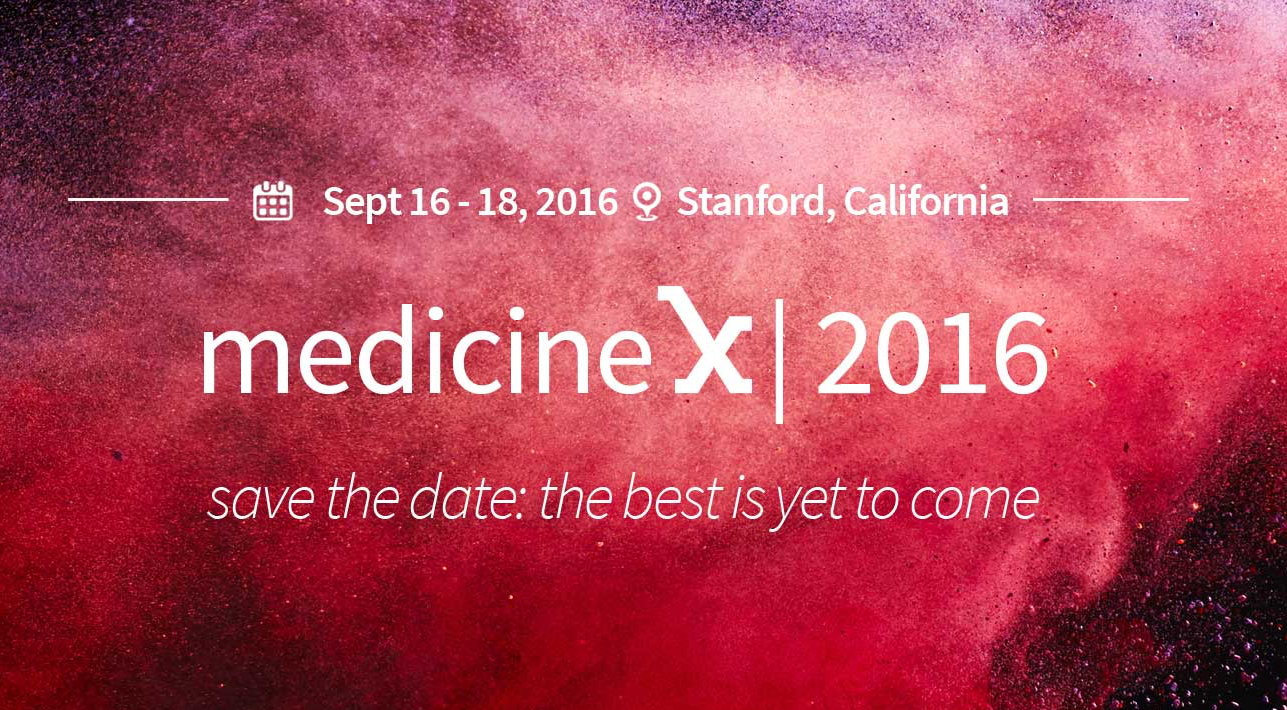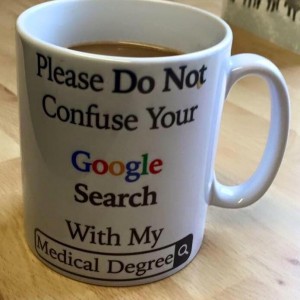Yesterday I wrote about a mistake I made last year at Medicine X, behaving unfairly to a volunteer while over-tired. At the end I said “I believe in introspection – ‘the examined life,’ as they say – and continuous self-improvement,” and that I’d be saying more about what I’ve learned.
In potentially troubling times, what makes a difference is what you’re committed to, because that’s where your compass points even when things get bumpy. My goal in this essay is to close out the episode having learned something. Here’s what I see.






